For People Looking For The Simplest Way To Grow More Food In Small Spaces
Discover How Aquaponics Works With Your Free Mini Course
Your Blueprint To A Successful Aquaponics System
Stop worrying about not knowing how to grow your own food
Learn How To Grow More Food, In Small Spaces Now, With Aquaponics
You Would Have Loved To Grow Your Own Food Before But...
You don't know how to grow your own food.
The space limitations have meant you can only grow a few herbs.
The soil is terrible and doesn't grow food well.
You've tried gardening and killed everything.
Water is a precious commodity, not to be wasted.
You've heard of aquaponics but don't understand how it works.
Maybe you've tried aquaponics and it didn't work and you want to know why
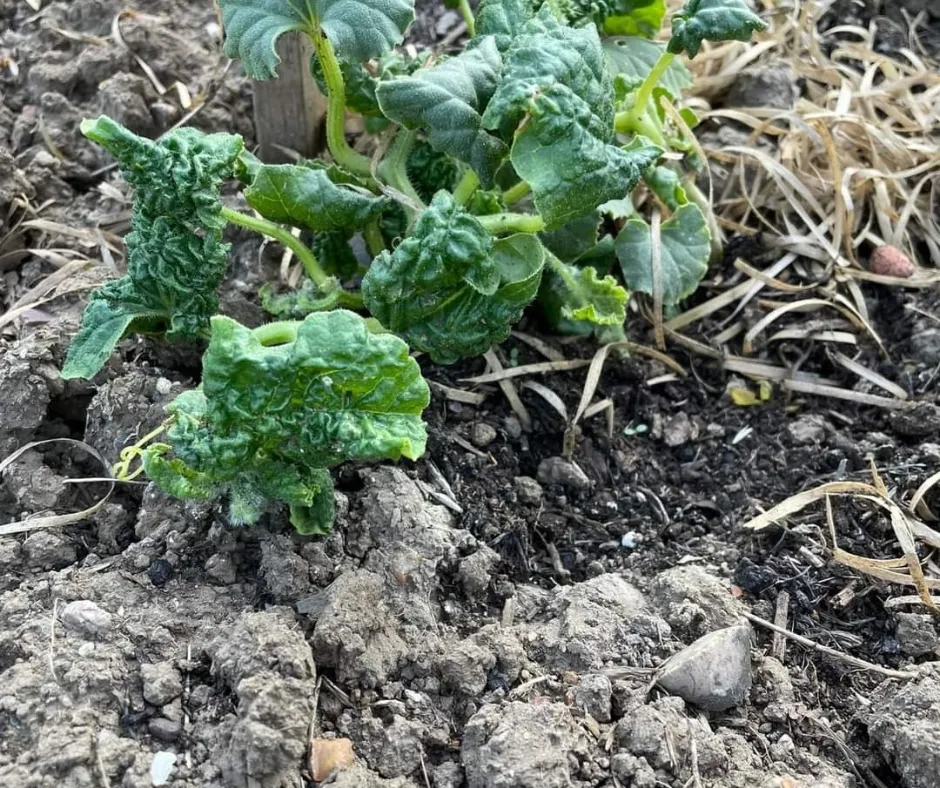
No More Stress, Now It's Time For Learning How To Make The Most Out Of Your Space & Grow With Aquaponics
Aquaponics is a freshwater ecosystem that helps us to grow HEALTHY food, sustainably
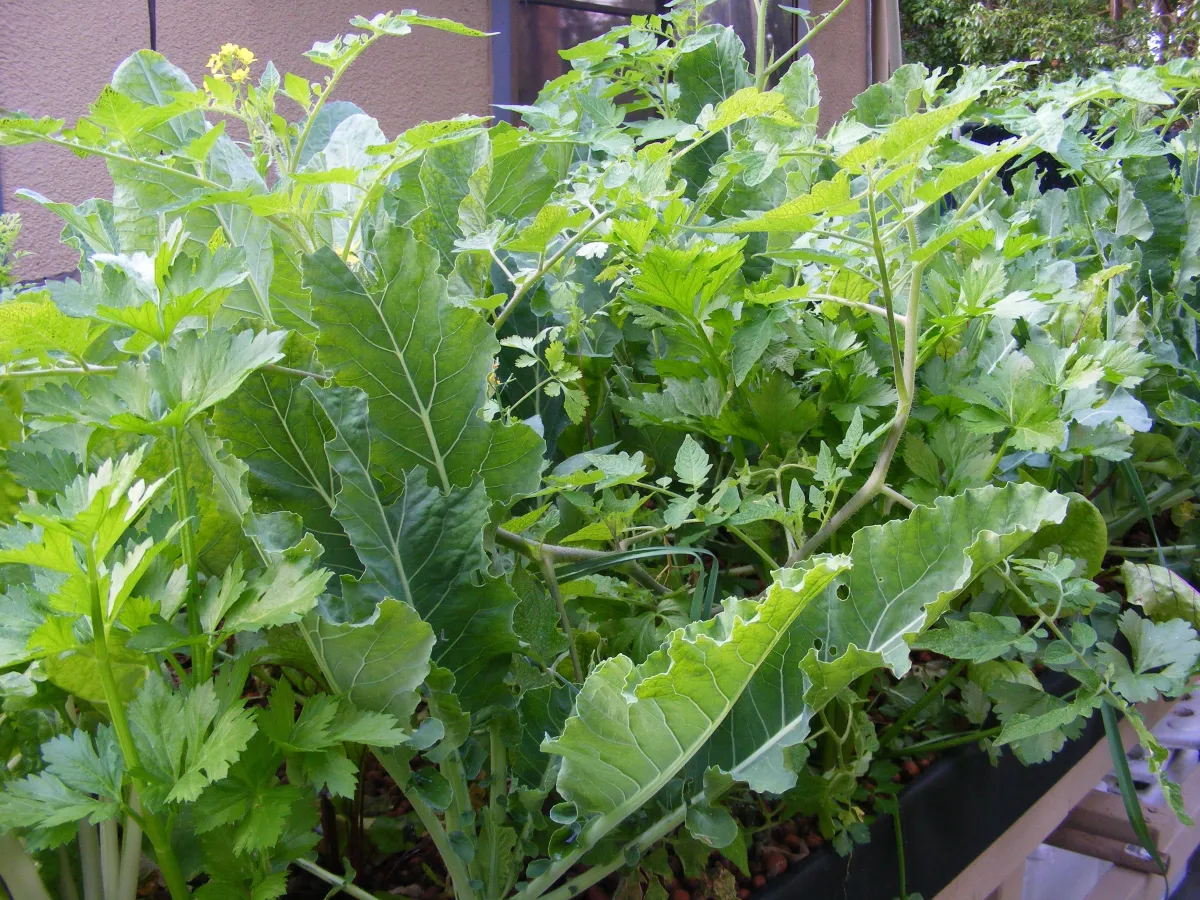
The fish provide fertiliser for the veggies, and the veggies filter the water for the fish
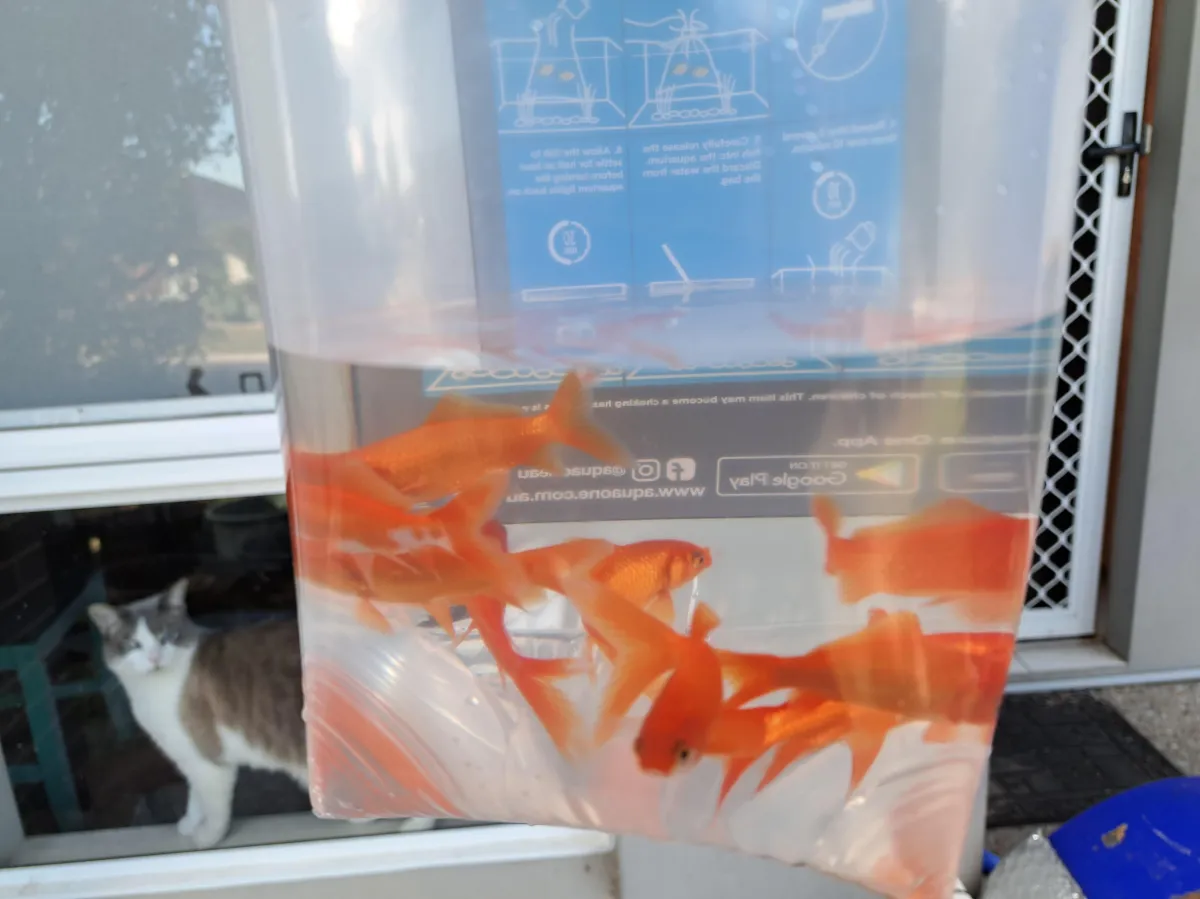
Recycling the water and helping the planet while growing your own healthy veggies
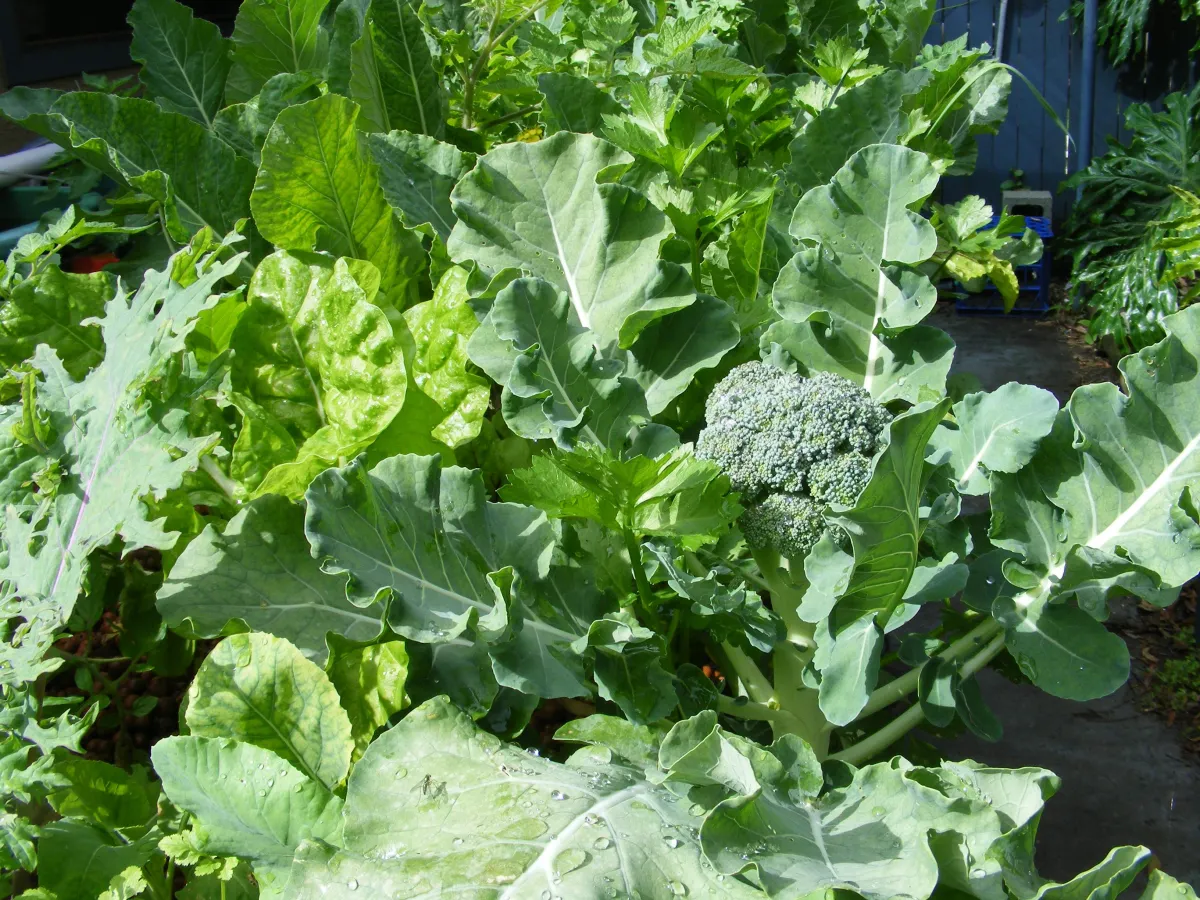
Some of the Veggies You Can Grow in Aquaponics
With Aquaponics You Can.....
Grow Veggies Faster
Grow More Veggies
Use Less Water to Grow Veggies
Easy to Grow Your Veggies
Save stress on the Back Pocket
That Was The Past, Now Learning How To Grow HEALTHY, Sustainable Veggies Fast Is At Your Fingertips
This mini course teaches you the key ingredients to have a successful aquaponics system at home.
You will also understand the GOLD that makes aquaponics such a sustainable and valuable method of growing.
You will learn HOW aquaponics interacts as an ecosystem that makes it ORGANIC and chemical free.
You will learn the vital 'role' each element plays: the fish, the bacteria and the plants, and how they interconnect and need balance.
You will learn about basic components and parts that are needed for a successful aquaponics system.
And you will also get to see some designs to work out the type of system that will work for you.
You will walk away inspired with a clear path to start your aquaponics journey.
Sign up to your free mini course now!
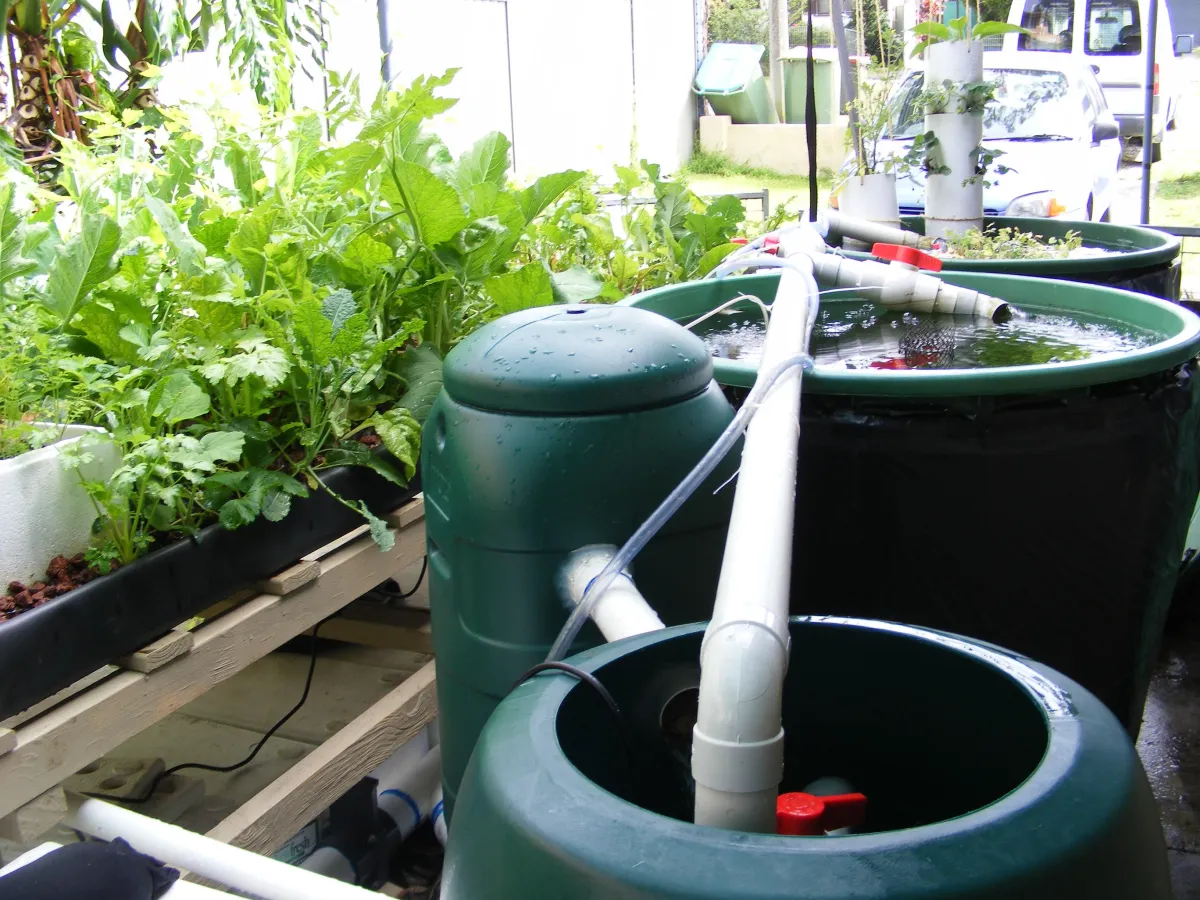
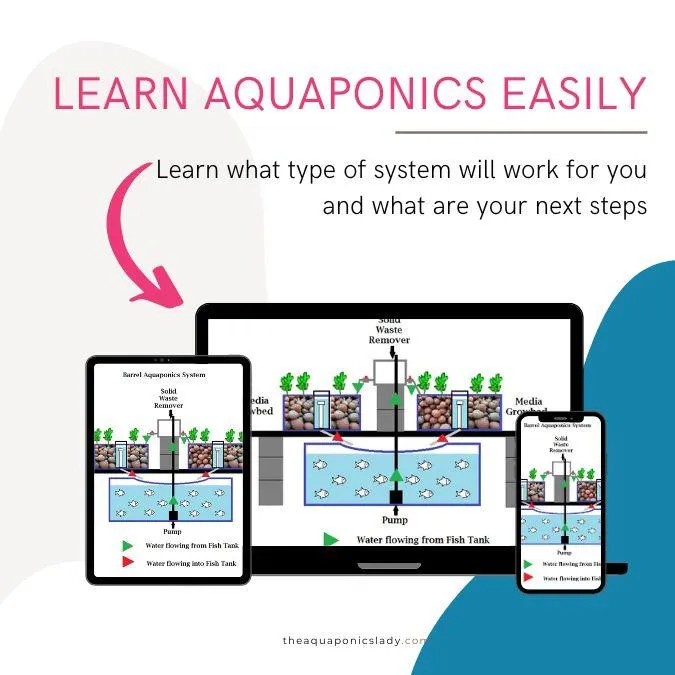
Enter Your Details Here To
Get Immediate Access To Your Free Mini Aquaponics Course
By submitting this form, you agree to the occasional promotional email from us. You can unsubscribe at any time :-)
Watch This 5 Min Video To See How Incredible Aquaponics Is
Aquaponics is the most sustainable way of gardening. These days, we need to support our environment, as well as ourselves, and Aquaponics is the solution for this.
It is also an amazing form of garden therapy, and an opportunity to look at life differently.
Hi, I'm Candy

As someone who has been involved within aquaponics since 2007 and having studied aquaculture and environmental management, I am passionate about breaking down aquaponics into a simple and easy concept for you to both understand and implement into your home.
Helping you to confidently build your own aquaponics system and keep it running in a healthy, sustainable and affordable
Commonly aquaponics is taught by men, for men using large power tool and building big systems.
It hasn't been accessible for those with small hand power tools, wanting to build smaller systems and keep it simple.
I'm here to change that.
To keep it simple, building aquaponics systems with drills and a hand jigsaw (like an iron, but cuts things) and keeping aquaponics simple and easy to understand, build and care for.
When All You Want Is...
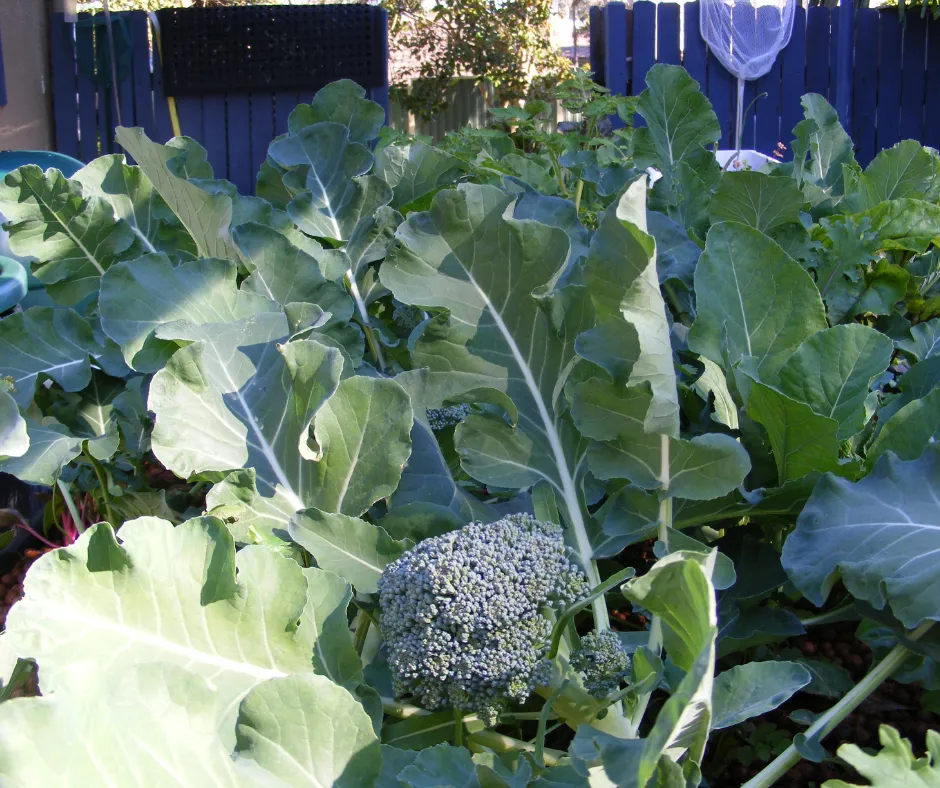
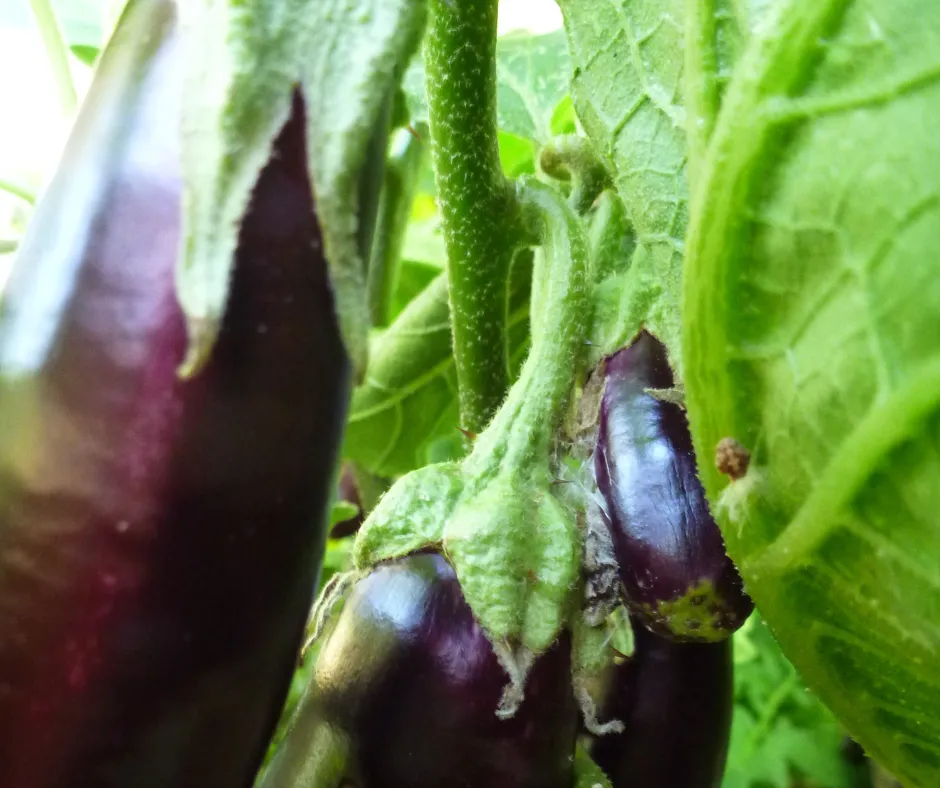
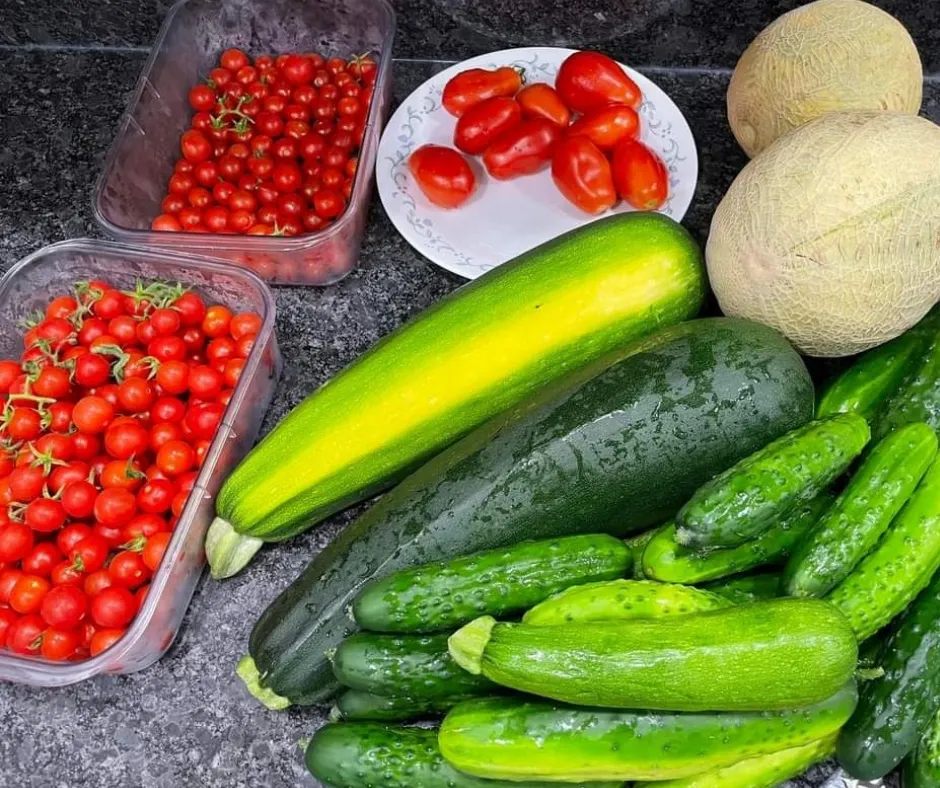
Helping You To Grow It With Aquaponics
What Others Have Said....
Now, thanks to Candy making it easy, we have healthy vegetables growing in the tiny, cement area".
Rachel L
"There is such a difference in taste between the food grown in our little aquaponics system and the veg at the store. Thanks Candy".
Alice L
Candy breaks it down and makes it easy to understand. I now understand that aquaponics is all about the balance.
Geoffrey S.
What is aquaponics?
Aquaponics is the growing of veggies and fish together in a harmonious, man-made ecosystem. We replicate nature and reproduce it in a smaller scale to grow our veggies. Not to be confused with fish farming (aquaculture) that doesn't involve veggies, within aquaponics we strive to maintain an ethical balance of fish to vegetables (and filtration) to maintain our ecosystem.
How does aquaponics work?
In creating the ecosystem we have fish providing waste constantly in the water, nitrifying bacteria that converts this waste into usable fertiliser for the veggies, and the veggies filter the water for the fish. The process is a continuous cycle of filtering and growing, replicating nature is our small ecosystem.
How much room does aquaponics need?
The beauty of aquaponics is that it can be done in almost any space. Both indoors and outdoors and in ay climate. You can use a 20L fish tank and grow a small amount if herbs, or build a huge backyard aquaponics system and provide for the family and neighbours. You build it based on your space and needs.
How much does aquaponics cost to build?
As with anything in life, you can build super cheap or super expensive depending on your budget. Cheap is cheap and it looks it, whereas if you invest you can cover things you don't like to see. The cost will depend on the size you wish to build, and if you are willing to invest time in cleaning and modifying recycled materials. Small outdoor aquaponics systems can be easily built for under $200 or less, and larger systems the sky is the limit. Indoor systems can be build for much less. As an avid recycler, I strive to reclaim what I can, and most of my aquaponics systems (small ones) are under $100, with the only cost being the water pump. Investing in an aquaponics system is investing in your health for the future. While I'd love to see people with larger aquaponics systems and eating healthy food, it is in building the larger systems when inexperienced that costs the most money. The best advice is to start small and affordably and as your learn how it works, then expand and you will save a fortune.
How much does aquaponics cost to run?
The running costs of aquaponics will depend on the size of your system and the type of fish that you are growing (as well as your intention with the fish). The small aquaponics systems that I run, the water pumps cost $10 per year to run, and my larger one is $80 per year with all pumps running 24/7. You can calculate the cost by looking at the watts on the pump and looking up your local electric company for the calculator. Additional costs come with the fish if you are growing edible fish, or growing a fish that requires certain diets. Using ornamental fish has a minimal cost involved for food and you can learn to germinate your own seeds and be self sufficient this way.
What fish can I use in aquaponics?
Aquaponics is a freshwater ecosystem, therefore the fish much be freshwater. You can also grow some types of crustaceans in the system. It is always best to grow fish that are native to the area so they are able to handle the climate, and consider the size of the fish tank and filtration to identify any bigger fish you may desire. For instance, getting barramundi for a 200L fish tank isn't suitable, as they can grow to over 1metre in length.
How sustainable is aquaponics?
Aquaponics is the most sustainable form of gardening that we have and has very little impact on the environment. As we are creating an ecosystem in a man-made structure, where the water is constantly recycling through the system, we are removing the stress of growing in exhausted soil, and saving water constantly. There is no waste like hydroponics that has to be disposed of and it is very self sustaining.
What veggies can I grow in aquaponics?
Almost anything from tomatoes to turmeric! Including small fruit trees, root crops and fruiting plants and flowers. What you grow will come down to the design of your aquaponics system and your climate, though you can grow almost anything.
Is aquaponics complex to build?
When you understand the fundamentals of aquaponics, like you need to understand the fundamentals of anything, it can be easy and simple to build. When you don't understand, it can seem impossible to get a handle on. Just like driving as a teenager. It is often overwhelming, but with a few lessons and wisdom, you get more and more comfortable with how it works and it is easier. Aquaponics is very similar.
Some people complicate their aquaponics designs following their ideas to suit their needs, this doesn't have to be the case for everyone. Start small and simple and aquaponics is a dream to build and run.
Is aquaponics hard to maintain?
This depends on your design, however if you build simple designs and focus on prevention not fixing, then aquaponics is very easy to maintain. I spend less that 5min per day looking after my aquaponics systems as the focus when building is to be easy to maintain. This is all about prevention. Keep things simple, and the maintenance is simple.
Is aquaponics time consuming?
Aquaponics doesn't need to be time consuming, it can be simple and easy to build and maintain. However, even with the simplest designs, if you want to fixate and alter things, or work on something, we can always do that. In setting up routine care and maintenance, it prevents the system from having issues and makes it easy to care for. If you ignore it, the ecosystem will get out of balance and you will need to invest more time.
Is aquaponics smelly (that fish smell)?
A common concern with aquaponics is that there is a 'fishy' smell to it. This is not the case. The 'fishy' smell people think about is common with salt water fish. Freshwater fish and aquariums don't have this smell at all. The smell of an aquaponics system if it is healthy, is the smell of the veggies growing, especially the herbs when you brush past them.
Unlike soil gardens when you add manure it gets smelly, this doesn't happening within an aquaponics system unless you don't maintain it.
Is aquaponics noisy?
Generally speaking aquaponics isn't noisy. I use submerged water pumps, so you cannot hear them working, however if you have a much larger system with the water pumps out of the water, then there can be noise. The noise that everyone hears around my place is the running water which is soothing to hear and very gentle. My neighbours cannot hear any of my aquaponics systems, even my larger one.
Does aquaponics use much water?
This is the best part about aquaponics, it is constantly recycling the water through the system, there is no run-off or waste water from the system. Everything is being recycled and reused. You only need to top up the water that is evaporated or used in transpiration of the plants. It is incredibly water saving.
Can I do aquaponics inside?
Absolutely! Aquaponics is perfect for inside or out. You alter your design (check out the free mini course) to make it work for you. I have 3 aquaponics systems indoors. It is great when you are tight of space, live in unforgiving climates, or have freshwater fish (or turtles) and want to reduce your water exchanges and grow some herbs.
Is there a difference between aquaponics and hydroponics?
Yes, there is a huge difference between the two. Despite the fact that 'hydro' means water and 'ponics' is to 'work with', hydroponics is known as a way of growing veggies in a soil-less environment. An accurate description as it does this. To make what we call 'hydroponics' to work, an artificial system is created with water, vegetable growing medium and synthetic nutrients to grow the veggies.
Aquaponics, which 'aqua' also meaning water and 'ponics' to to 'work with', has a different method of growing food. In aquaponics, it is a man-made ecosystem that is created that involves fish providing waste, nitrifying bacteria (everywhere in the world) converts the waste into useable fertiliser and the veggies then use the fertiliser, filtering the water for the fish, and the cycle continues.
In how they concepts are used: hydroponics is an artificial setup that uses synthetic nutrients to grow veggies and has waste products to be removed. Whereas aquaponics is an ecosystem with living fish, bacteria and plants working in harmony to create a balance that grows our food. It is much more sustainable.
www.theaquaponicslady.com - All Rights Reserved - Terms & Conditions Disclaimer Privacy Policy
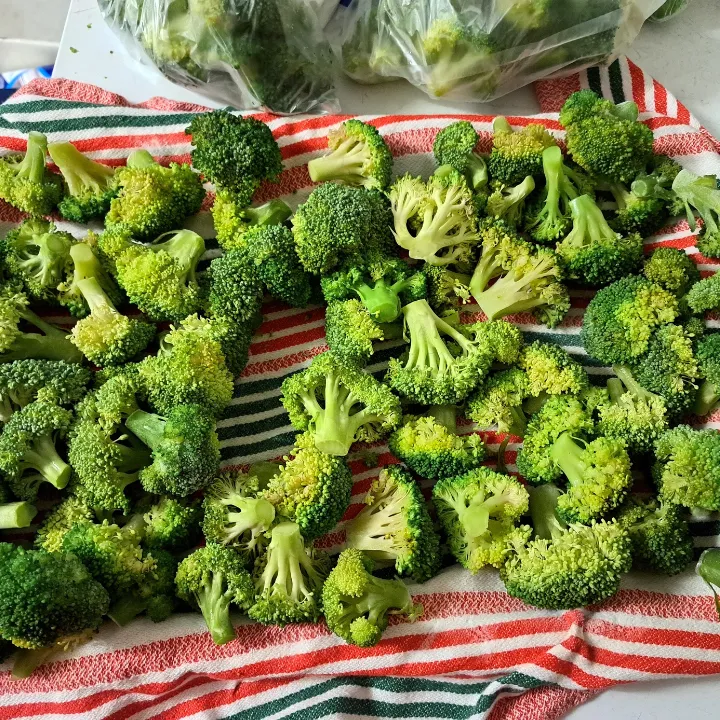
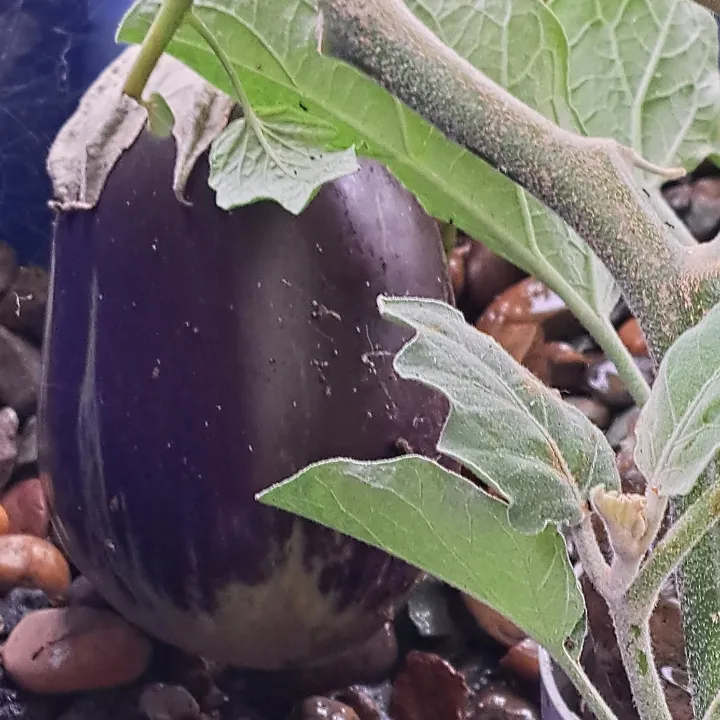
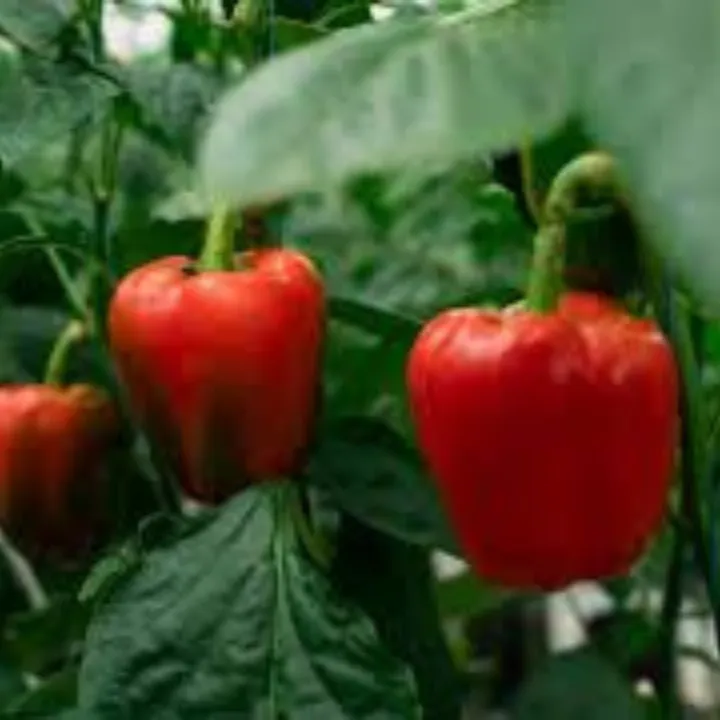
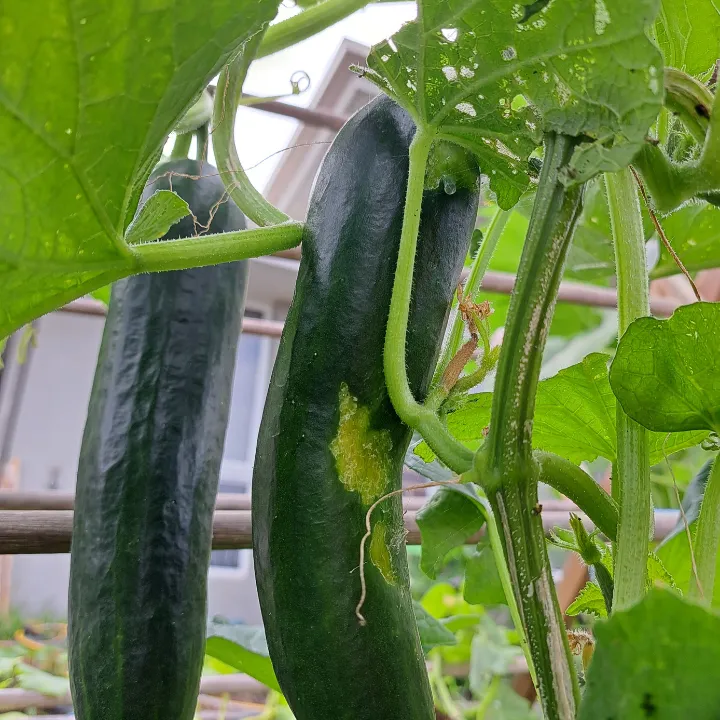
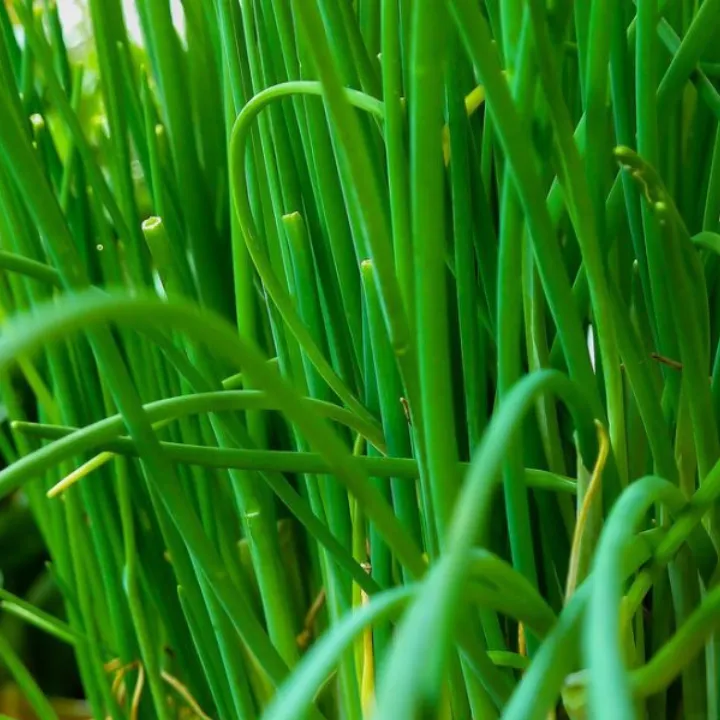
Youtube
Facebook
Instagram
LinkedIn
TikTok